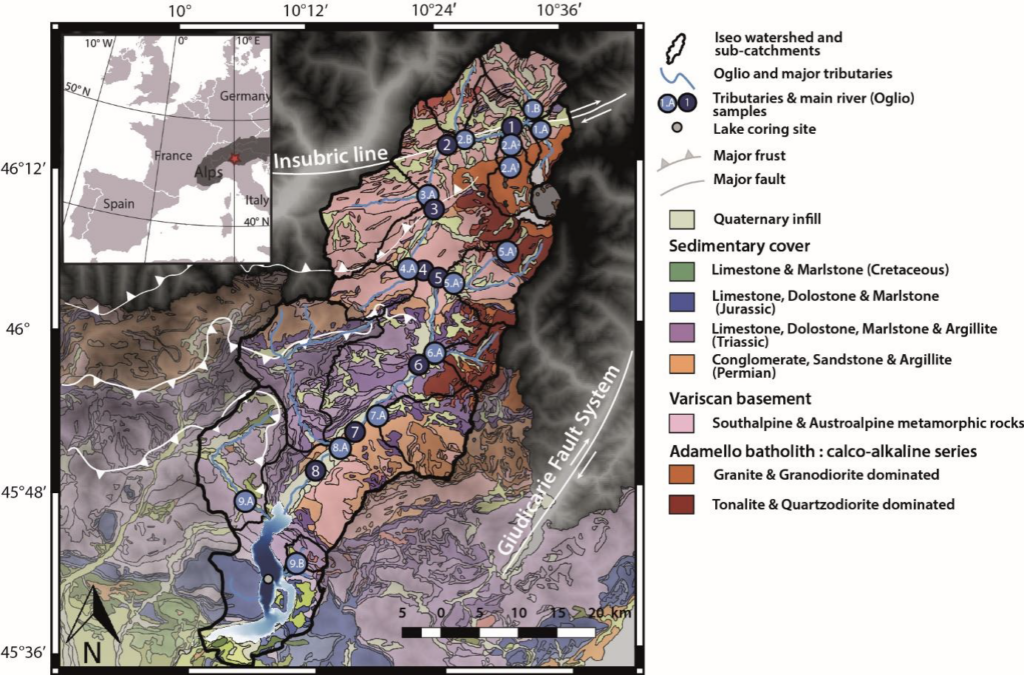Water resource management is critical for human development and environmental stability, but it faces increasing challenges due to climate variability, pollution, and resource scarcity. Traditional methods, including statistical models and field data collection, have provided valuable insights but are often inadequate for managing complex, dynamic water systems. Artificial Intelligence (AI) offers a promising complement to these conventional approaches, enhancing predictive modeling, pollution detection, and decision-making processes in water management. This paper explores the integration of AI in water resource management, focusing on its applications in drinking water systems, pollution tracking, water temperature prediction, and decision-making tools. Examples, such as AI-driven leak detection in water distribution networks and the use of generative AI in urban planning, demonstrate the potential of AI to revolutionize water management by providing real-time insights, optimizing resource allocation, and facilitating sustainable solutions. Despite challenges related to data quality and model adaptation, AI represents a transformative tool in enhancing water management strategies and ensuring a resilient water future.










